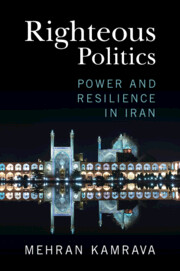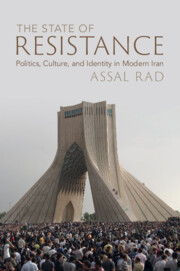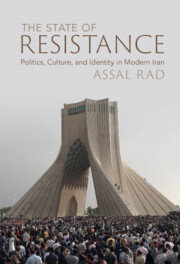Righteous Politics
Since the establishment of the Islamic Republic of Iran in 1979, the Iranian political system has been subject to diminishing legitimacy. In recent years, various waves of protest have spread across the country and the question of the resilience of the revolutionary state becomes more pressing by the day. Drawing from extensive fieldwork and rare primary sources, Mehran Kamrava provides here a comprehensive and accessible analysis of the Iranian state and the various formal and informal institutions through which it operates. The book offers an in-depth analysis of the Iranian state, from the Constitution to the powers and offices of the Supreme Leader, the Islamic Revolutionary Guard Corps to the several intelligence agencies. Paying careful attention to the nuances of Iranian politics, Kamrava also highlights how factional politics and rentierism have served to enhance state resilience. Presenting a range of original insights, this book is invaluable to understanding the inner workings of the contemporary Iranian state.
- Draws from extensive fieldwork and rare primary sources to offer original insights into the Iranian state
- Provides a comprehensive examination of the formal and informal institutions of power at work in Iran
- Employs comparative theory to develop a robust framework for understanding Iranian politics
Reviews & endorsements
‘Righteous Politics stands as a seminal work that offers an incisive dissection of Iran’s intricate institutional architecture. Critically, Kamrava elucidates the paradoxical nature of Tehran’s governance, wherein political dynamism coexists with stifling constraints, and economic progress is tempered by pervasive deficiencies.’ British Journal of Middle Eastern Studies
Product details
August 2023Paperback
9781009362054
290 pages
228 × 152 × 22 mm
0.6kg
Available
Table of Contents
- 1. Introduction
- 2. Authoritarian perseverance
- 3. Ruling under stress
- 4. The constitution, elections, & legitimacy
- 5. Elected representatives
- 6. The unelected leadership
- 7. The praetorians
- 8. Maintaining the system
- 9. The deep state
- 10. Intra-Elite dynamics
- 11. The state and its riches
- 12. Conclusion.





